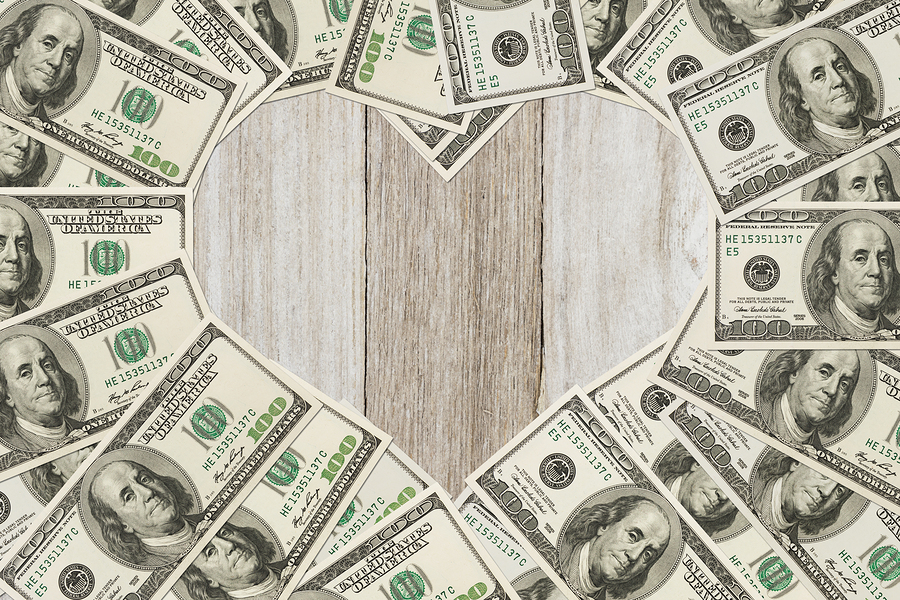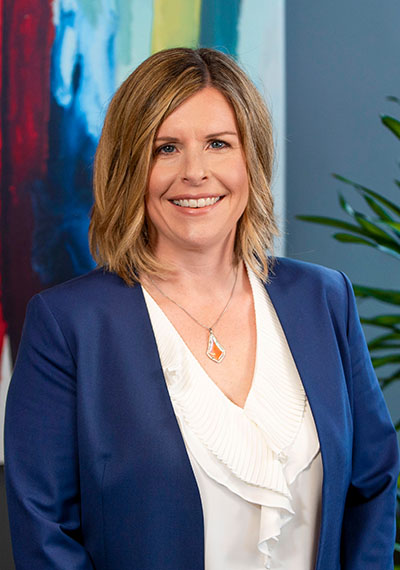We all know that money can’t buy love, right? But . . . can money buy happiness?
A study by University of Michigan economists Betsey Stevenson and Justin Wolfers, examining data from more than 150 countries using World Bank data, has shed some light on the interaction between happiness and the size of your bank account. Their first conclusion: the more money you have, the happier you tend to be, regardless of where you are on the income spectrum. They concluded that multi-millionaires don’t think of themselves as “rich.”
However, there do seem to be income levels where a person’s happiness can be increased faster than others. Princeton University economist Angus Deaton has found that peoples’ day-to-day happiness level rises until they reach about $75,000 in income—a point where a person can comfortably afford the basic necessities of life without worrying where his or her next meal is going to come from. After that, this type of happiness levels off.
Another kind of happiness, which focuses on something the researchers call “life assessment,” continues to rise at all levels of wealth. The more money people have, the more they feel like they have a better life, possibly (Deaton hypothesizes) because they feel like they’re outcompeting their peers.
Is there any way to more efficiently buy happiness with money? A study by the Chicago Booth School of Business found that people experienced more happiness if they spent money on others than when the money was spent on themselves. Treating someone else—or, more broadly, charitable activities—are among the most powerful financial enhancements to personal happiness.
Other research has shown that you get more happiness for your buck if you buy experiences rather than things. An epic trip to Paris or a weekend at a bed and breakfast near the coast can be more enduringly pleasure-inducing than buying a new watch or necklace. The watch or necklace quickly becomes a routine part of your environment, contributing nothing to happiness. But your travel experience can be shared with others and reminisced about.
Finally, you can buy time with money—decreasing your daily commute by moving closer to work, hiring somebody to help around the house, hiring an assistant to clear your desk—all giving you more leisure time to pursue your interests. With the free time, take music lessons or learn to dance—and you’ll be happier than somebody with millions more than you have.
So, money just might be able to buy happiness if spent wisely. However, on this Valentine’s Day, money still can’t necessarily buy you love . . .
CCMI provides personalized fee-only financial planning and investment management services to business owners, professionals, individuals and families in San Diego and throughout the country. CCMI has a team of CERTIFIED FINANCIAL PLANNERTM professionals who act as fiduciaries, which means our clients’ interests always come first.
How can we help you?






